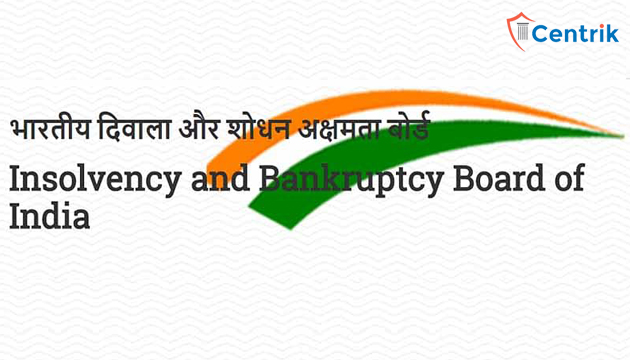
Status as on- 22/03/2022
Introduction
Realisation of peculiar assets at the time of liquidation process is one of the most vigorous tasks. These assets include disputed receivables, sundry debtors (it includes refunds from Government and its agencies), disputes assets, assets underlying proceedings for preferential, undervalued, extortionate credit and fraudulent transactions. To resolve this issue, Insolvency and Bankruptcy Board of India (IBBI) mentioned the assignment of not readily realisable assets (NRRA) in the discussion paper on Corporate Liquidation Process dated 26 August 2020.
Meaning of NRRA
“Not readily realizable asset” means any asset included in the liquidation estate which could not be sold through available options and includes contingent or disputed assets and assets underlying proceedings for preferential, undervalued, extortionate credit and fraudulent transactions.
Assignment of NRRA
The first attempt of the liquidator is to sell the assets, failing to which they may assign or transfer an asset to any person after consulting the consultation committee of the stakeholders (SCC). In case, the SCC fails to assign a person, then the liquidator may distribute the undisposed assets amongst the stakeholders in accordance to the Regulation 38 of the Liquidation Process Regulations, with the approval of Adjudicating Authority.
IBBI has mentioned 2 options to undertake the assignment of NRRAs:
- The absolute assignment: The option of absolute assignment was provided to ascertain that the assignment of NRRAs will be absolute and the assignee would have right over the assets and any action related thereto. The assignment would also include the transfer of all the legal rights, remedies and power to bring the action to an end (such as settlement) without the interference of the assignor (liquidator).
- The assignment with recompense facility: This option allows the liquidator to assign the asset with an initial price. Any subsequent net discovery (means the value realized less costs incurred in the recovery process) of the value over and above the initial price would be shared between assignee and the assignor, as per the terms of the assignment. If the liquidator assigns a right of action for a share of the winnings or any similar terms which are less than absolute, the corporate debtor or the liquidator are exposed to a claim for adverse costs in the event of an unsuccessful claim. Thus, the liquidator has to be cautious in the terms of assignment agreement and needs to take adequate safety measures with regard to unsuccessful action while opting for an assignment agreement with recompense facility. Such a cautious approach may entail sharing only in a successful recovery and the assignee bearing the costs of an unsuccessful action.
Valuation of NRRAs
As mentioned above, it is difficult to assess the correct valuation of the NRRA with complete certainty, it must be appreciated that the valuation involves various speculations and estimates based on facts in hand. Hence, as mentioned in the discussion paper, it may be provided that the valuation of the NRRAs, once classified as such, be conducted by the two registered valuers, like in case of other assets.
Conclusion
Undoubtedly, NRRAs are the black sheep for the liquidators that can make it difficult to achieve the task of completing the liquidation process in stipulated time and spoil the pool of assets. It is prudent to give these back sheep to someone who has the resources to pull out the wool from them. In other jurisdictions, the right to transfer cause of action is covered under the definition of “property” which includes actionable claims. The introduction of NRRAs had widened the scope of the cause of action that can be transferred as it includes the transfer of contingent and disputed properties.
Disclaimer- The above article is based on the personal interpretation of the related orders and laws. The readers are expected to take expert opinion before relying upon the article. For more information, please contact us at rera@centrik.in





 join For Updates
join For Updates
Sir, Liquidatoar Auction closed industry in slump sale delebratly instead of Going Concern. 2.Machine sold as scrape and Class ll lands Auction As and where it is in under value. 2.Liquidatoar not getting permission from Hon’ble Collector before Auction Government land. 3.SDO reject Conversation Application. Hence lands comes under ‘NRRA’ catagoary. 4.Ex pramoters wants to settle under 37(A) 1 with liquidatoar to restart closed industry.
This matter requires a detailed analysis of the facts and circumstances pls revert us at support@centrik.in